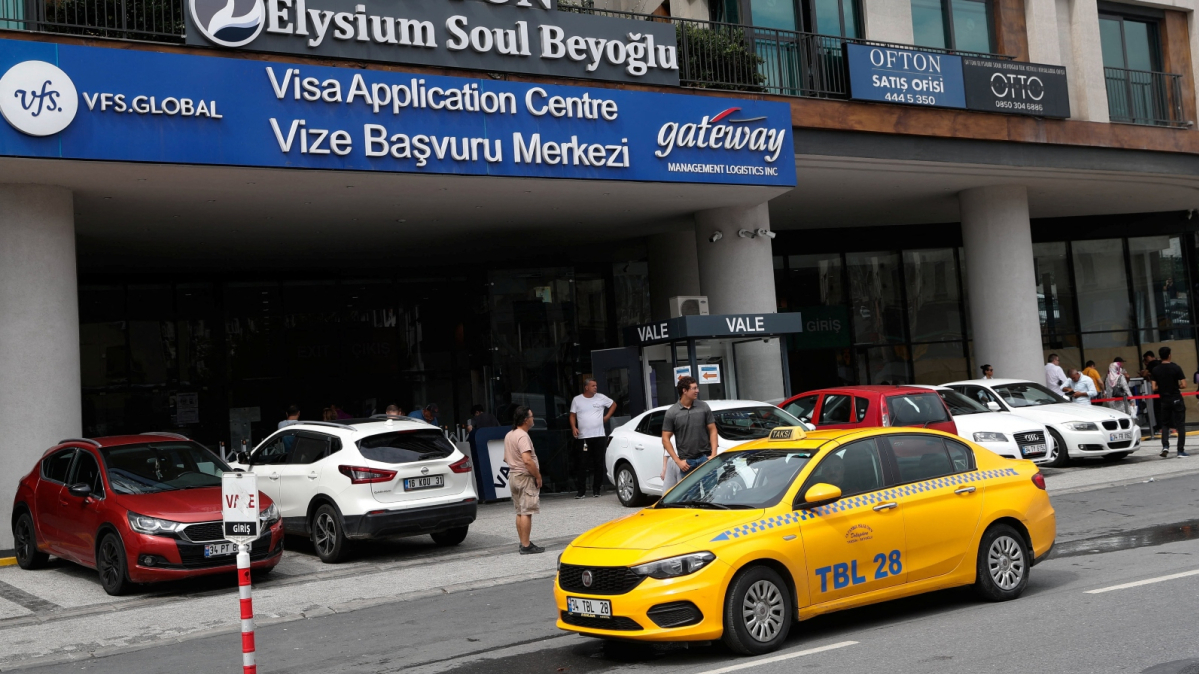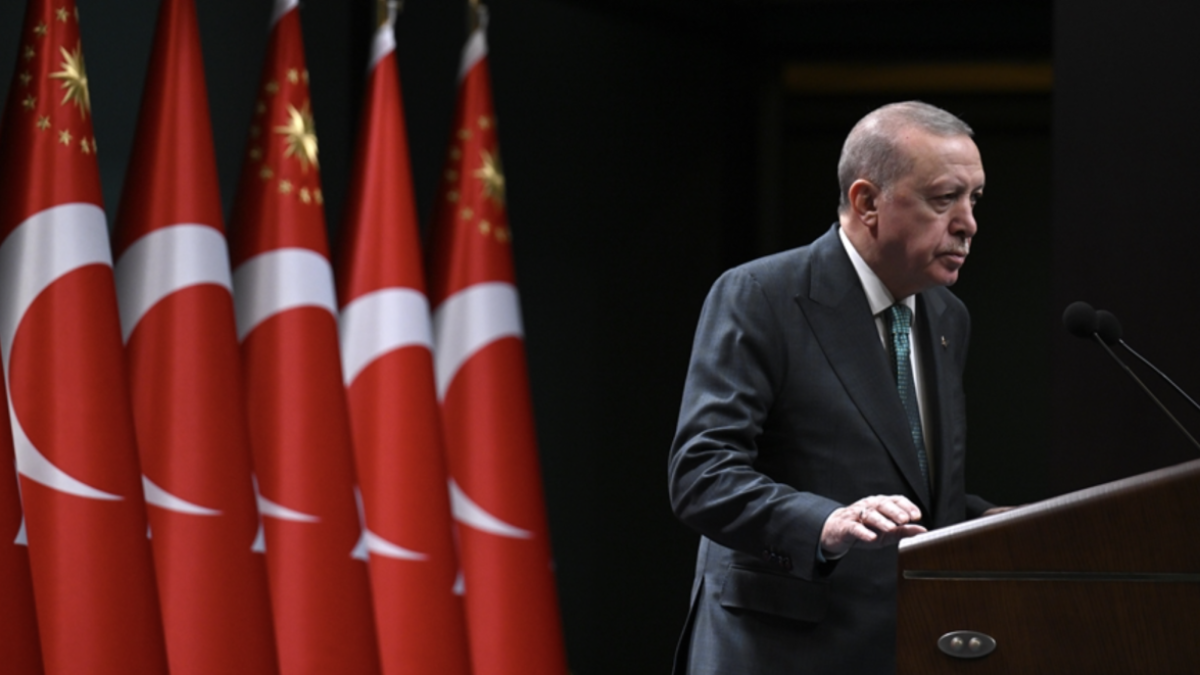Hungary, Slovakia suspend diesel exports to Ukraine amid pipeline dispute
Hungary and Slovakia announced a suspension of diesel exports to Ukraine on Wednesday....

Uzbekistan and Türkiye are negotiating new measures to ease legal labour migration, including an electronic work visa system for Uzbek nationals and a shared database of irregular migrants.
The discussions took place in Ankara as part of a broader effort to strengthen bilateral cooperation in employment, data sharing, and migration management.
At a meeting between the Uzbek delegation and Türkiye’s Deputy Interior Minister Mehmet Aktaş, officials reviewed proposals to allow Uzbek citizens already residing in Türkiye under other visa categories to obtain work permits without leaving the country.
Turkish employers in the Antalya region also indicated interest in hiring between 500 and 1,000 Uzbek nationals for seasonal hotel work through the state employment agency Özel İstihdam Bürosu.
The Turkish side proposed the creation of a joint electronic database to monitor irregular migration and facilitate cooperation between the two countries’ migration authorities.
Uzbek officials confirmed that Ankara had expressed readiness to share technical expertise and support database integration. ‘Part of one Turkish family’

Earlier this year, Turkish President Recep Tayyip Erdoğan said that the people of Turkic nations, including those from Central Asia, could “count themselves as Turkish”, highlighting Türkiye’s ambition to strengthen ties with member states of the Organisation of Turkic States.
While his comments did not imply changes to citizenship or visa policy, analysts note that the shared linguistic and cultural background provides a supportive environment for new migration initiatives.
Officials expect a memorandum of cooperation between the two interior ministries to be drafted soon, outlining the procedures for visa issuance and data exchange.
Implementation may begin in early 2026, potentially streamlining labour mobility and deepening bilateral cooperation across migration and employment sectors.
Ruben Vardanyan has been sentenced to 20 years in prison by the Baku Military Court after being found guilty of a series of offences including war crimes, terrorism and crimes against humanity.
The Pentagon has threatened to designate artificial intelligence firm Anthropic as a “supply chain risk” amid a dispute over the military use of its Claude AI model, according to a report published Monday.
Representatives of Ukraine, Russia and the United States are set to meet in Geneva for a third round of trilateral negotiations aimed at ending the nearly four-year war, even as both sides intensify military pressure on the ground.
The drumbeats have finally faded at the Marquês de Sapucaí, bringing the competitive phase of the Rio Carnival 2026 to a dazzling close. Over two marathon nights of spectacle, the twelve elite schools of the "Special Group" transformed the Sambadrome into a riot of colour.
President Donald Trump said he will be involved “indirectly” in nuclear negotiations between the United States and Iran in Geneva, as both sides resume diplomacy against a backdrop of military pressure and deep mistrust.
Israel is preparing for the possibility of receiving a green light from the United States to launch strikes against Iran’s ballistic missile system, according to Israel’s public broadcaster KAN.
White House Press Secretary Karoline Leavitt said on Wednesday that $5 billion pledged by member states of the Gaza Peace Council will be directed towards the reconstruction of Gaza.
Two Palestinians were killed on the first day of Ramadan after Israeli forces opened fire in the Gaza Strip, according to local sources and hospital officials.
Aghdam’s Qarabag experienced a 6–1 defeat to England’s Newcastle United in the first leg of their UEFA Champions League play-off tie.
British Steel has secured a multi-million-pound order to supply rail for a major high-speed railway in Türkiye. Backed by UK Export Finance, the deal will see 36,000 tonnes of rail used on a 599km line between Ankara and İzmir, prompting the company to resume round-the-clock production.
You can download the AnewZ application from Play Store and the App Store.

What is your opinion on this topic?
Leave the first comment